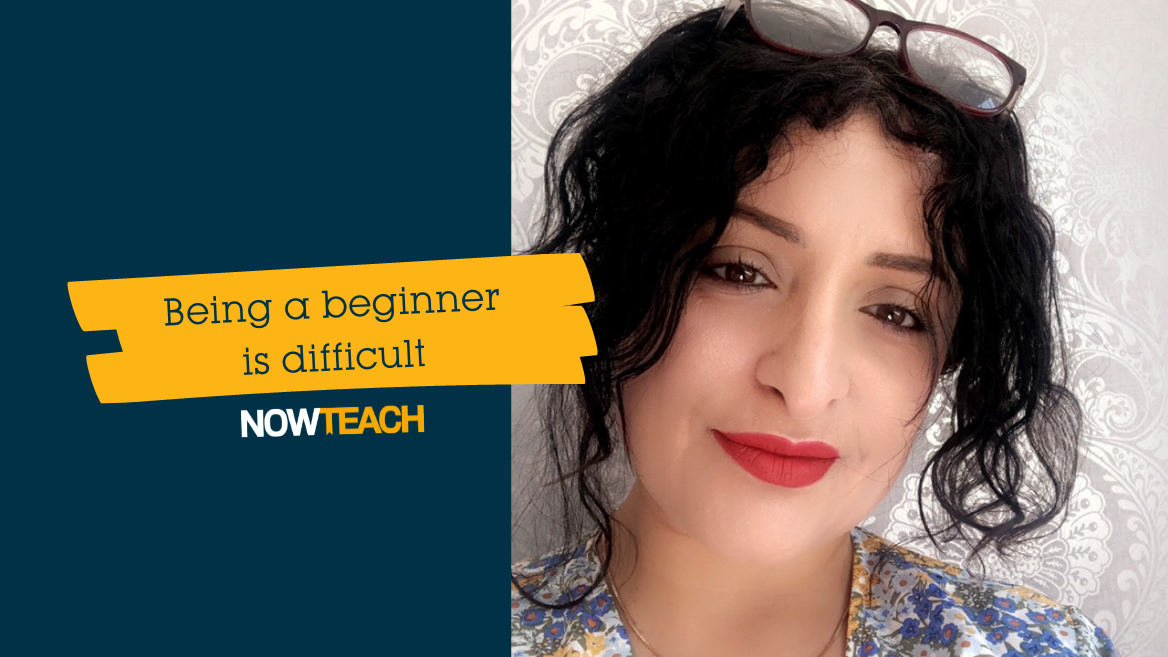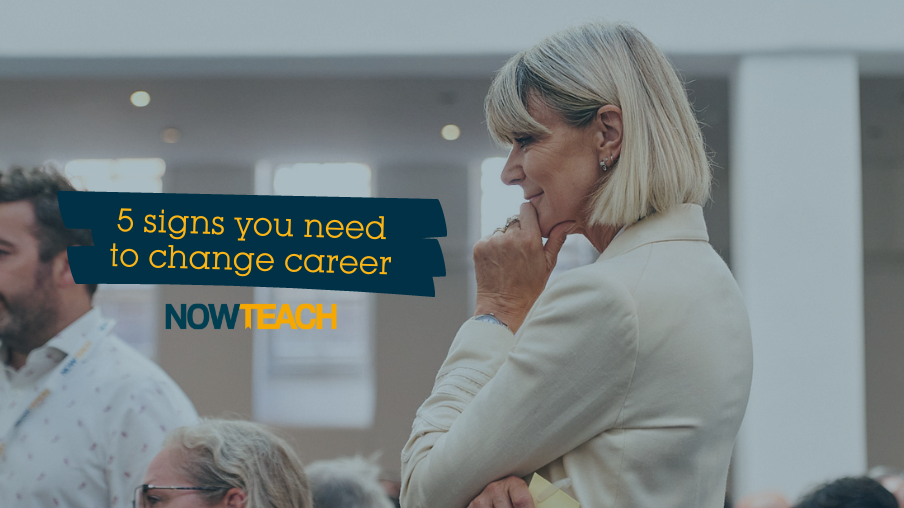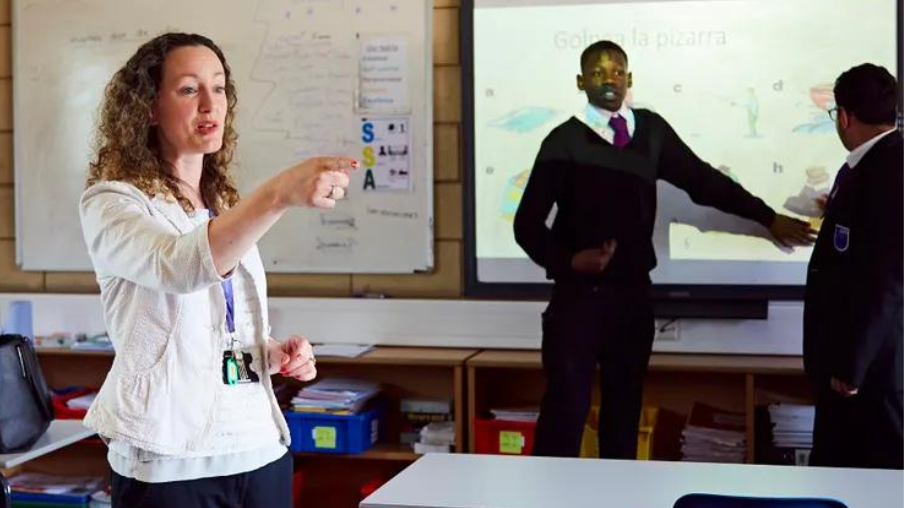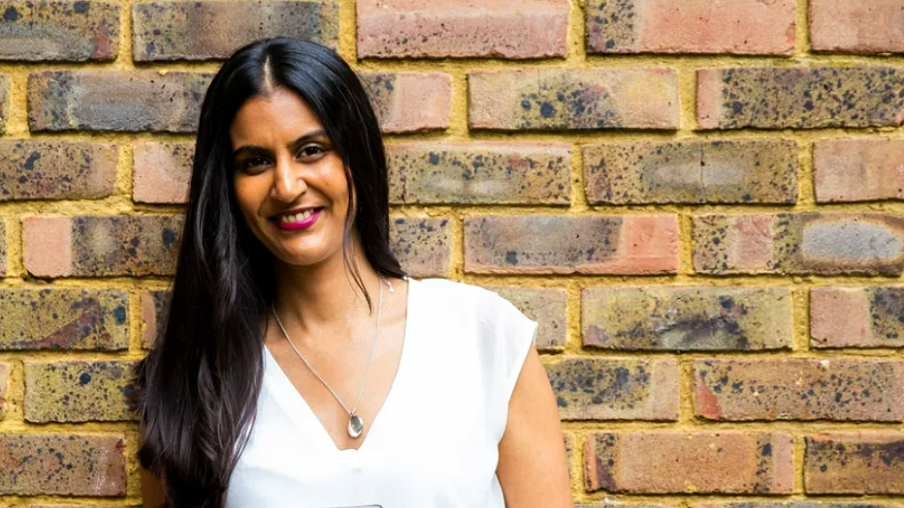I attended my first teaching interview after a few months into my PGCE. I felt I was ready.
However, I soon realised I wasn’t. I failed my chance in the first of my top two choices – mainly because my application wasn’t strong enough – and I didn't know what a teaching personal statement looked like.
After the interview, my placement school gave me feedback saying, “If we didn't know you as a teacher, we wouldn’t have shortlisted you.” Despite the hidden compliment, it was very frank and rather harsh feedback. I believed I was progressing well and wanted to work at that school.
“I have never failed an interview before!”
Upon reflection, I recognised I had applied too early in the process to have any knowledge about the art of teaching applications. I sought feedback from no-one, thinking I could hack it independently – the way I’ve always done things – and my personal statement was only 300 words.
I filled the space that was allocated for the personal statement, ignoring the small print of ‘continue on a separate page if necessary’! And because of the approaching deadline, I focused solely on ‘if necessary’. I thought that would suffice, after all, how hard could it be? I had never failed an interview before!
I took my time processing the rejection and learnt from it. The frank feedback fuelled me to do a lot of independent research – and I attended workshops, Now Teach sessions, and university days to learn about the art of ECT applications. I wanted to know what makes a successful interview.
“I had a very bad time when I failed my first interview, but it gave me a lesson in humility – and a taste of failure – which are good experiences to have as a teacher. And I know it will be another story to add to my repertoire to inspire students and hope it will help them grow into resilient and persevering adults.”
My discoveries were that a good personal statement might get you shortlisted, but your answers to teaching & learning questions, alongside how you showcase what you are about – will get you the job. I learnt so much within a short period of time and managed to turn things around.
Being part of the Now Teach Network helped me too. The richness of the discussion in the Now Teach WhatsApp and the sharing of ideas from people's interviews brought everything I learnt to life. It answered some of my questions better than anyone else.
“The richness of the discussion in the Now Teach WhatsApp and the sharing of ideas from people's interviews brought everything I learnt to life. It answered some of my questions better than anyone else.”
After this experience, I made sure I did a lot of reading about the schools I applied to and prepared myself properly. I built my personal statement accordingly, planned my lesson around my interaction with the kids (when I am going to the interview), and showcased not what I know but what I am all about (it is not an A-level test, or at least, it is not only that).
I also got great feedback from my amazing subject mentor about my failed interview. The best advice I focused on is to choose a part of the topic for the interview lesson and teach it well, rather than cramming lots in a 25min lesson and coming across poorly.
Having applied this knowledge, I was successful and got a job at a school I really wanted to work at – another top choice of mine and one of the best in the area! I asked for a July start and an experience appreciation pay scale, and they were quite accommodating.
“Having applied this knowledge, I was successful and got a job at a school I really wanted to work at – another top choice of mine and one of the best in the area!”
I have to say that I had a very bad time when I failed my first one. But it gave me a lesson in humility – and a taste of failure – which are good experiences to have as a teacher. I know it will be another story to add to my repertoire to inspire my students and hope that will help them to grow into resilient and persevering adults.
The funny thing is that the school I accepted the offer at, had a laminated quote in their reception from Steve Job's speech for Stanford University, which couldn't be truer:
"You can’t connect the dots looking forward; you can only connect them looking backwards. So, you have to trust that the dots will somehow connect in your future. You have to trust in something — your gut, destiny, life, karma, whatever. This approach has never let me down, and it has made all the difference in my life"
And that is where I am today.
---
Training to teach as a career changer comes with challenges. Sam Fahy reflected on some of those.
But it's also incredibly exhilarating as you challenge yourself to master something new every day. And of course, rewarding when you're in the classroom and having an impact.
Join our Network of 600+ career changers and feel supported every step of the way.




